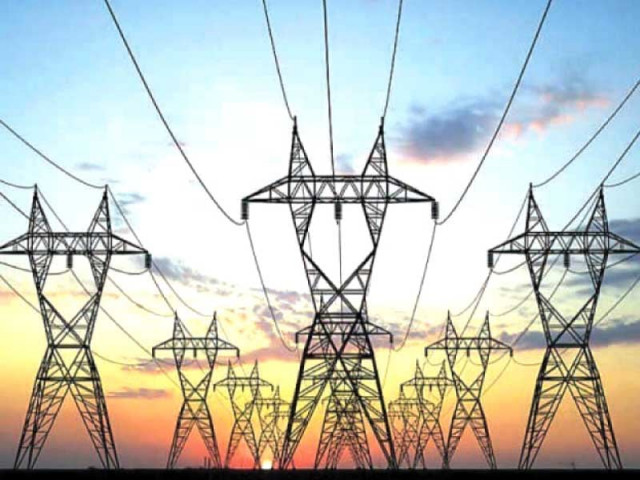Energy: Left-right political divide most evident in energy reform ideas
Parties agree on the diagnosis of the problem, but differ sharply on solutions.

“The problem at the electricity distribution stage is mostly a political one, so it makes sense to keep these companies in the government’s control,”says Asad Umar. PHOTO: EXPRESS
Regardless of which party wins the elections this week, no government has any hope of moving forward on any part of their agenda unless they first set in motion a lasting solution to the energy crisis. The three major parties appear to recognise this fact, which is why they have put forth the most detailed proposals on this subject, and perhaps why the left-right political divide becomes most obvious in this area.
The PPP, being a clearly left-wing party, has outlined an approach that seems to put considerable faith in government institutions to solve the problem. The PML-N, with its clearly established right-wing credentials, seems more comfortable in letting the free market run its course. The PTI, on the other hand, is an interesting case: while most political analysts describe its political leaning as right-wing, its economic agenda has an unmistakable left-of-centre bent to it, though it appears to trust the free market more than the PPP.
It was in order to tease out these ideological differences that The Express Tribune deliberately structured its analysis of the economic manifestos in an ideologically neutral manner. Our efforts seem to have succeeded: both the PML-N and the PTI score exactly the same mark on four of the six criteria used to grade their energy plans. Yet those grades are the results of very different plans.
On ensuring full collection of bills, incentivising investment in cheaper sources of electricity, improving efficiency of existing power plants, and deregulation of energy prices, both PML-N and PTI score the same. But the PTI’s plan utilises more government intervention than the PML-N’s.
For instance, the PTI plans to bolster the authority of the independent boards of directors at the state-owned power distribution companies by giving them the power to hire and fire the management, leaving these companies publicly owned but run a little more like private companies.

“The problem at the electricity distribution stage is mostly a political one, so it makes sense to keep these companies in the government’s control, which can navigate that terrain better,” said Asad Umar, the PTI’s economic wunderkind, in an interview with The Express Tribune.
This arrangement is meant to help improve the collection of bills, which is also partially a solution to incentivising more investment in the power sector. (Better bill collection is the single best way of eliminating circular debt, the demise of which is likely to spur much more investment in energy in Pakistan.) The PML-N’s solution is to privatise the power distribution companies.
Where the PML-N and the PTI converge is the privatisation of the state-owned power generation companies. “The problem in power generation is mostly technical, which the private sector is most capable of solving,” said Umar.
While it is perilous to make such predictions, we believe that both the PTI and the PML-N’s approach – properly implemented – have an almost equal chance of success, at least in the short to medium term.
For its part, the PPP appears to continue to have faith in the power of the state, outlining plans for the government to improve the power generation and distribution companies it owns, but not identifying any part of the energy chain it wishes to privatise. And unlike the PTI and PML-N, the PPP appears to be in no mood to deregulate energy prices in Pakistan. We would have a more charitable view of these policies, had they not demonstrated themselves to be a colossal failure over the past five years. The MQM hardly has much of an energy plan beyond stating that natural gas should be directed to power plants above all other needs. And the ANP does not even bother to present an energy plan at all.
Published in The Express Tribune, May 6th, 2013.
Like Business on Facebook to stay informed and join in the conversation.



















COMMENTS
Comments are moderated and generally will be posted if they are on-topic and not abusive.
For more information, please see our Comments FAQ